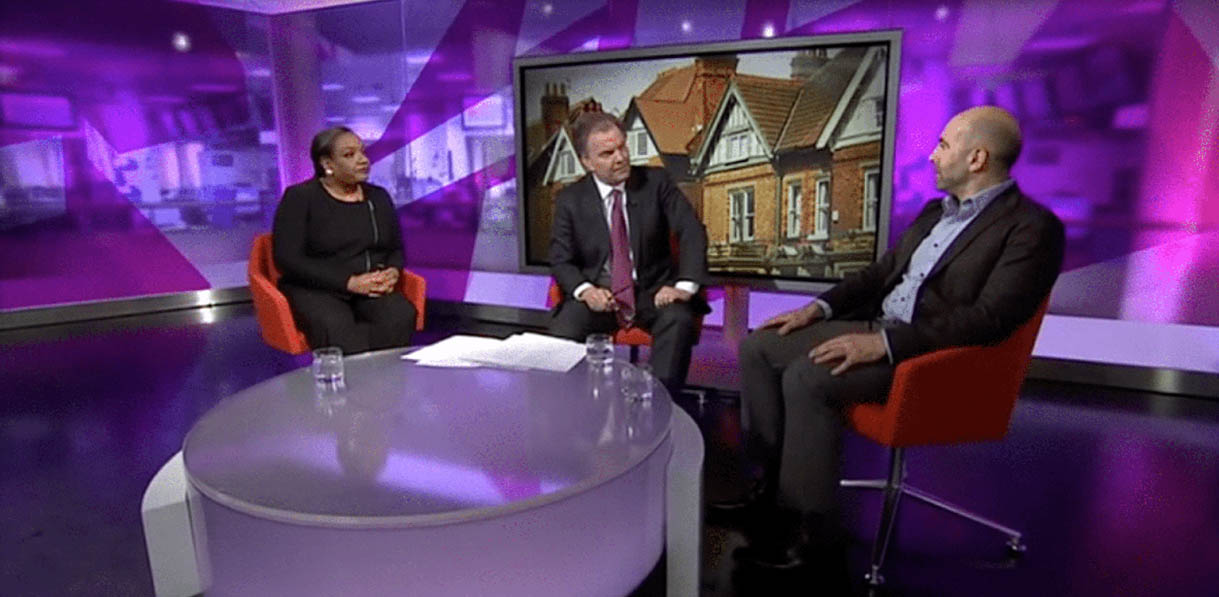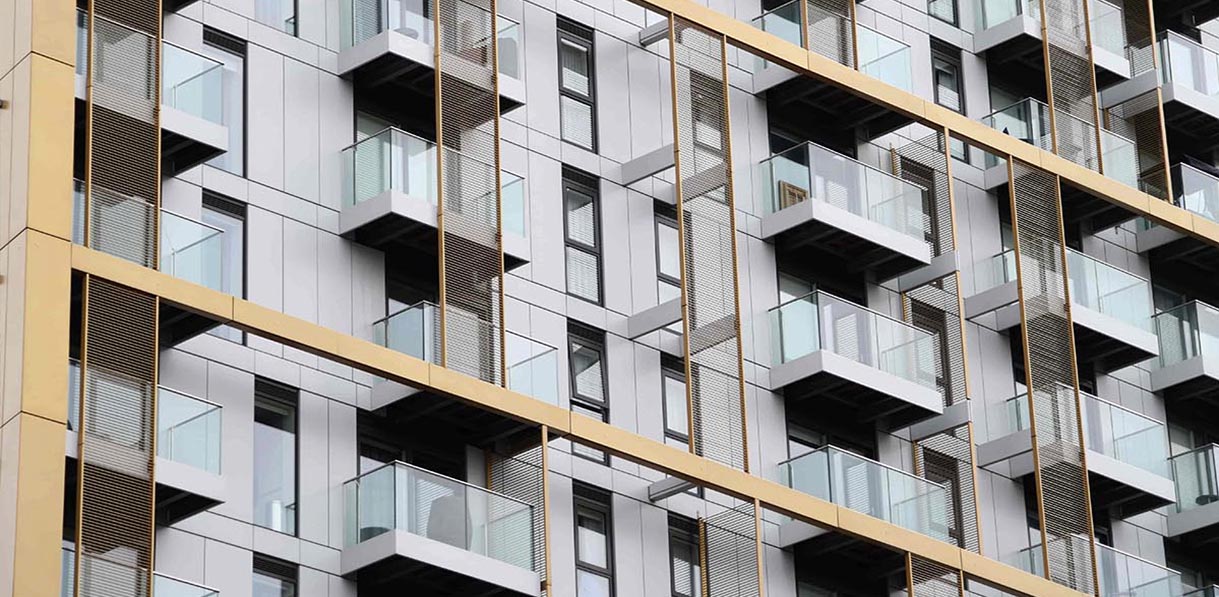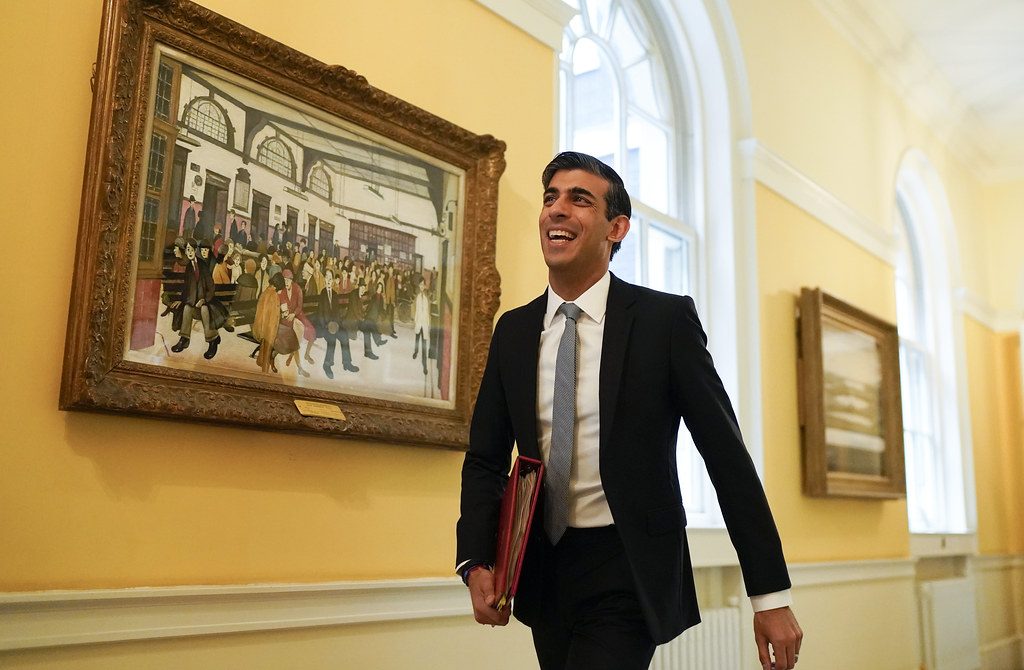The Chancellor Rishi Sunak announced in his Summer statement that the 0% rate of stamp duty would be increased from £125,000 to £500,000 until 31 March 2021, which means a saving of up to £15,000 in England and Northern Ireland. The additional 3% surcharge will still apply for anybody purchasing who will own more than one property on completion.
The property market got off to a fabulous start when it reopened on 13 May 2020 with agents reporting very high levels of interest. I let a vacant property in Hackney at market rent within days. But many feared this was simply pent up demand after 8 weeks of lockdown. The spectre of furloughed jobs crystallising into redundancy would ultimately lead to price falls of up to 15% by the end of 2020. Such gloomy predictions were being revised down by most commentators to a range of 5 to 10% – but then came the Chancellor’s stamp duty announcement on 8 July 2020. There were a record 8.5 million visits to Rightmove in the subsequent 24 hours.
According to the Centre For Economics & Business Research (CEBR), buyers will save on average £4,400 per property purchase and sales transactions will rise by 41,000 in the next 9 months, that’s a 6% increase. No stamp duty will be paid on 88% of transactions, because the vast majority of properties outside of London and the South East cost less than £500,000.
Press commentary in the days following the announcement focused on how the measure would benefit wealthy purchasers most and unfairly pitted first time buyers against investors who would be seeking similar properties. Only 3% of investors purchase properties over £500,000, though this rises to around 20% in London.
Rishi Sunak wants this measure to stimulate the housing market – a key driver of the economy. First time buyers are finding it increasingly difficult to get low deposit mortgages and he needed to include a broader demographic of people moving up the property ladder and investors for his policy to have a real impact. And why shouldn’t landlords benefit from a stamp duty holiday when, after George Osborne’s removal of tax relief on finance costs, they continue to be the only business taxed on their turnover rather than their profit. It is great to see that Rishi recognises the wider benefits of the housing market and is not minded to penalise landlords.
Is a stamp duty holiday the game changer that will prevent the housing market from sliding into negative territory this year? The CEBR is predicting price falls of 5% in 2020 and a 10.6% drop in 2021. The Office of Budget Responsibility thinks the worst case scenario in 2020 will be a fall of 2.4% and a fall of 11.7% in 2021. Its best case scenario is a rise of 0.2% this year and a rise of 4.1% next year. Whilst estate agents relished such a great fizz of activity in May, mortgage approvals fell by 86% year on year. That is partly because of a backlog of valuations awaiting Covid secure visits from surveyors, but it is also a measure of the air of caution that has descended over lenders.
The crunch month is likely to be October 2020 when the furlough scheme and mortgage payment holidays end. UK unemployment could surge to 11% on the gloomiest predictions by the end of 2020. 90% LTV mortgages are already scarce and lenders are tightening criteria. For example, some require evidence from self employed people that they are still trading at levels consistent with last year’s accounts and owner occupier interest only products are harder to come by. We shall see in the coming months whether the stamp duty holiday generates enough extra business for lenders to stay competitive and overcome their post Covid caution. What differentiates this recession from the last is that they do have plenty of money to lend.
We also face the repeat spectre of a no deal exit from the EU on 31 December 2020. The housing market hates this level of uncertainty: the stamp duty holiday could help it power through what would otherwise be a bumpy ride.
The biggest question mark hangs over the cliff edge of 31 March 2021 and whether this stamp duty perk is simply delaying the inevitable end of the current house price cycle. You may recall the Spring of 2016 when sales transactions peaked and then fell off a cliff on 1 April 2016 because of the introduction of the additional 3% stamp duty on that day. Unless this measure gets extended we will surely see something similar next year.
So is now a good time to buy or sell? I would say right now is a good time to sell, whilst mortgage availability is still relatively positive and there seems to be buyer appetite. The danger of waiting to sell until the autumn is that the post furlough and Brexit no deal landscape could dampen the market. If the market gets busy again in Spring 2021, bear in mind your buyer will probably knock a few thousand off their offer at the last minute because they know you wouldn’t want to be stranded with a property you can’t sell in April 2021.
But is now a good time to buy? I think you might face increased competition and if we are coming to the end of the house price cycle, then 2021-22 mid recession could make for better timing. Although the Bank of England is talking about a V shaped speedy recovery, I think that the Nike swoosh shaped recovery which several commentators prefer is most likely. The best moment to buy will be the bottom of that swoosh.









